Tuesday, 23 April 2024
Menu
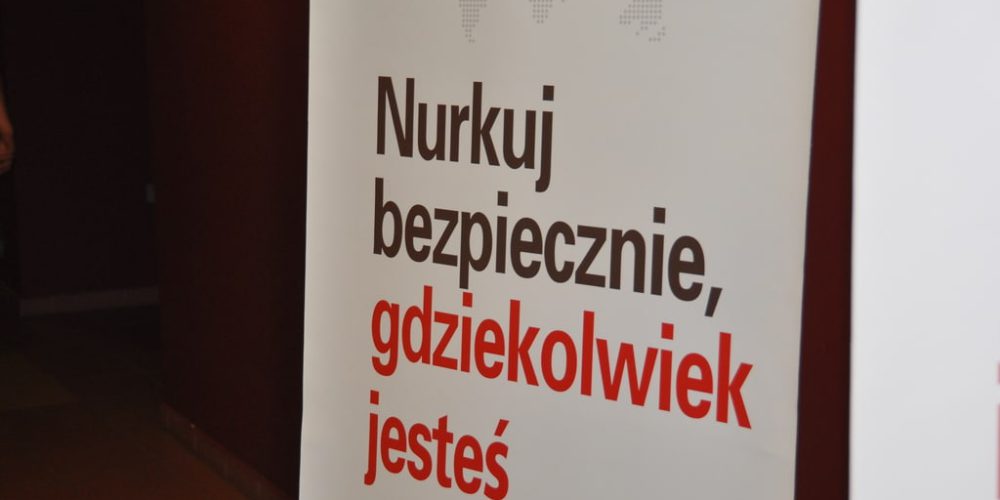
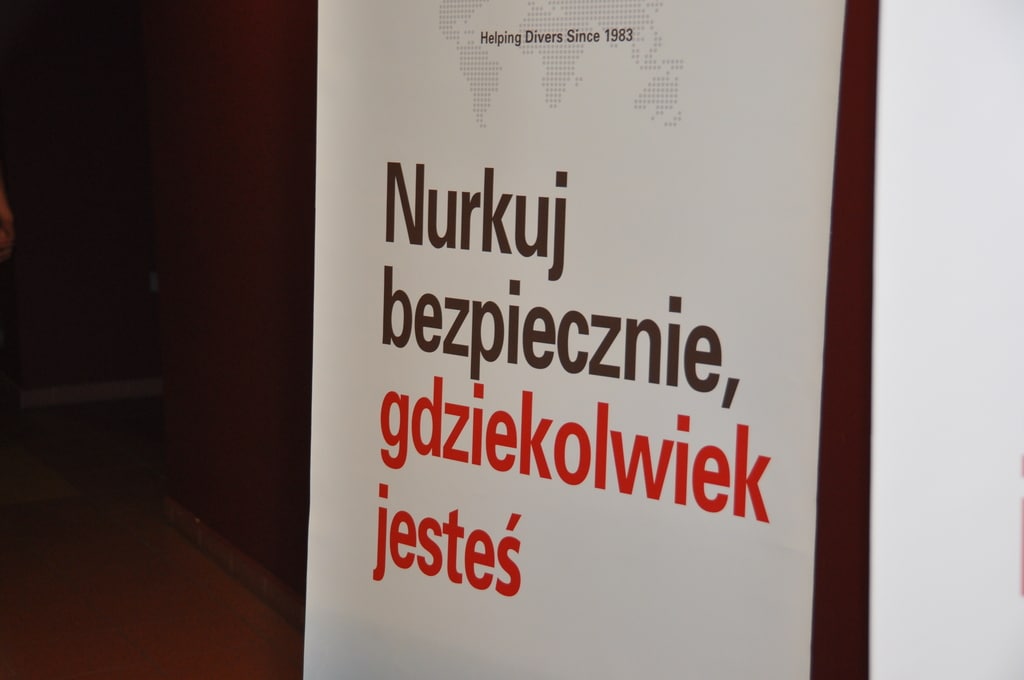
Photo gallery of the 7th DAN Day
The first lecture was given by David Elliot. The topics he covered revolved around issues such as: taking and managing risk during a dive, planning and monitoring gases and equipment, and using emergency procedures. David talked about how decompression is not a problem because people follow the correct limits. Part of the lecture was also devoted to saturation diving, which is considered safe. The differences in safety issues, for recreational and professional divers, were also discussed.
Tino Balestra came next with his presentation. He presented the results of research carried out by DAN, but also talked about the long and rich history that the organisation has in this field. From his presentation we learned that of all fatal accidents, 40-60% are drownings. He also outlined how dangerous commercial diving can be and the dangers it poses. DAN, conducts a lot of different research, creates a lot of innovative equipment. Everything is first tested on volunteers – students, so that later the lessons learned and experiences gained can be used by members of the diving community.
The author of the third presentation was Uli van Laak and the topic of the presentation was ‘In water recompression’. Anyone interested in improving safety and the procedures to be taken in the event of an accident could learn the most up-to-date knowledge on how to deal with DCS. As soon as symptoms appear, oxygen should be given (surface oxygen), hydration should be given and the victim should be transported as quickly as possible (if possible) to a decompression chamber where qualified personnel will provide appropriate assistance. During the lecture, the question “Should re-compressions be undertaken in water?” came up. In response, we learned that the first trials carried out in Greece, did not yield adequate results and the practice, was banned because the risks it carried were greater than the potential gains. This is mainly due to the lack of training, procedures and the fact that this method is not suitable for most DCS cases. However, it has not been completely ruled out and can act as a back-up option with some potential, but much research and new data is needed before it can be used.
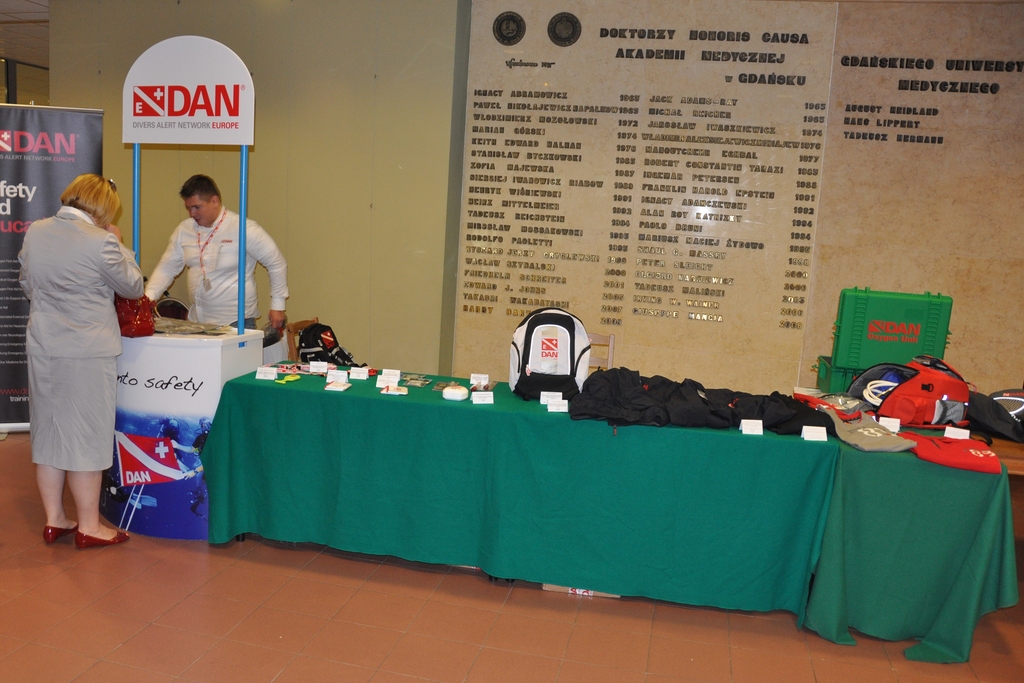
Dan Orr, representing DAN America, was next with his presentation. He acquainted the audience with the results of research and statistics on diving accidents in the Americas. On average, they deal with 1000 cases of DCS annually. On the basis of the collected research material, after tracing all the circumstances, members of DAN America, are able to develop statistics on the safety and risk of DCS, depending on the circumstances and type of diving. The conclusions are optimistic, as it turns out that diving is getting safer and the number of accidents is decreasing. In addition, Dan Orr gave the audience an interesting statistic, informing about the number of deaths as a result of absurd events, such as: people killed by swans, champagne corks, falling coconuts or a toaster. Statistics show that by not doing anything really dangerous, we are more likely to die than when diving. The presenter also pointed out as the most common causes of accidents underwater: lack of gas – 41%, getting trapped underwater – 20%, improper handling of equipment – 18%. They result mainly from lack of proper training, lack of experience or too high loads in relation to the diver’s capabilities. In order to minimise the risk of accidents during diving, we should take care of our condition and proper development of our skills in relation to the challenges we undertake. We can significantly increase our safety by diving on nitrox and still using air decompression tables.
The fifth speaker was Peter Denoble, who talked about diving accidents involving rebreathers. He presented statistical causes of accidents and made a detailed analysis of individual cases. Interestingly, the majority of the accidents involved experienced and very experienced divers, and far more men than women.
Jacek Kot, with his lecture on the use of oxygen in decompression, came sixth that day. After giving a historical overview, he moved on to the benefits that a diver can derive from the use of this gas. In saturation diving, increasing PPO2 (partial pressure of oxygen) x2, reduces decompression time by half. Unfortunately, in scuba diving, this relationship is not so linear.
The organisation itself, its structures, research and training was presented to the audience by Guy Thomas, DAN’s European Training Director. DAN is also a legal force for divers and insurance, the organization has a total of 350 thousand members. The contribution of Witold Smilowski, a long-time promoter and coordinator of DAN in Poland, who unfortunately passed away this spring, was also recognised. A commemorative plaque for Witek’s family was presented to Michał Kosut.
The day closed with presentations by Francois Burman and Alessandro Marroni. The former presented a programme for hyperbaric centres, the RCAPP, while the latter talked about the research he is conducting on the presence of air bubbles in the body and how different factors affect their presence.
Source: Divers24
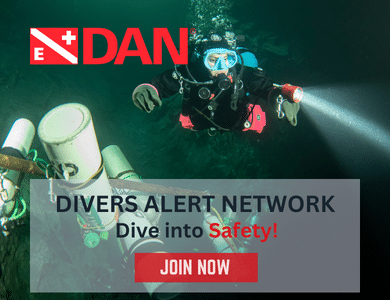
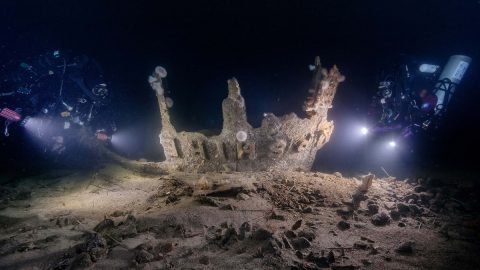
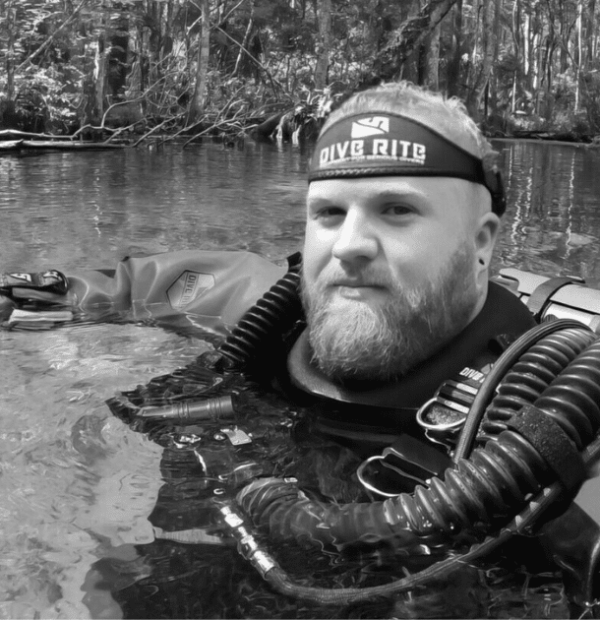
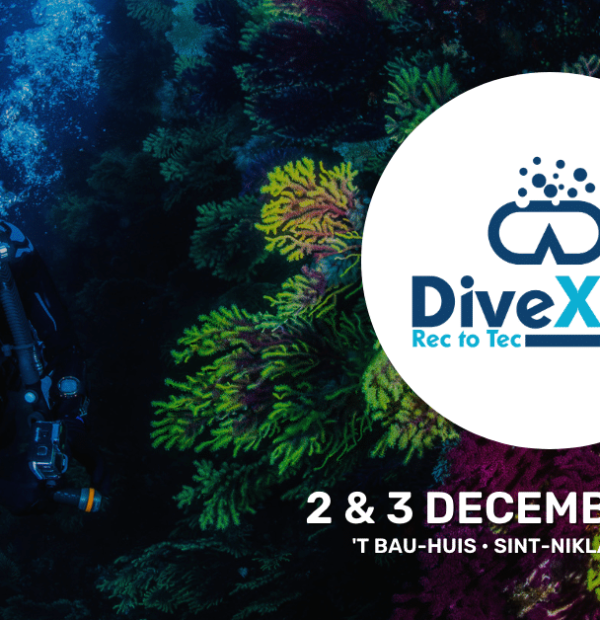

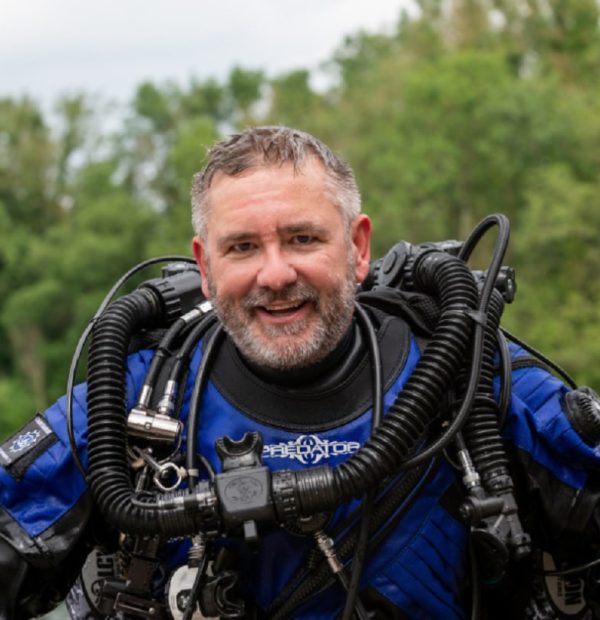
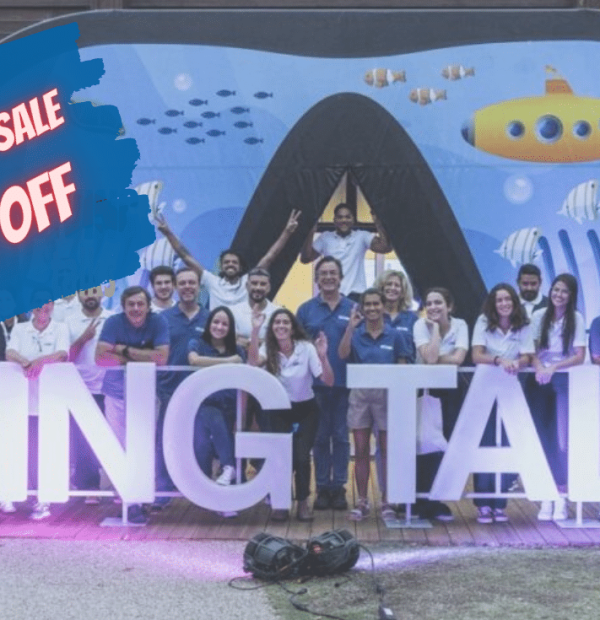
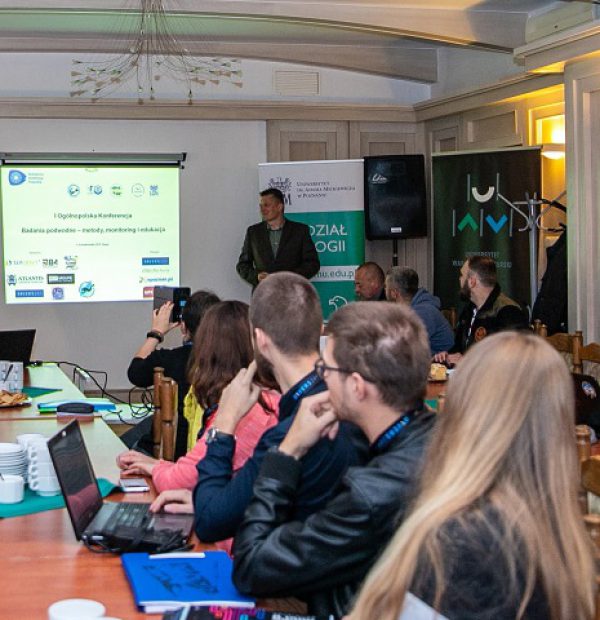
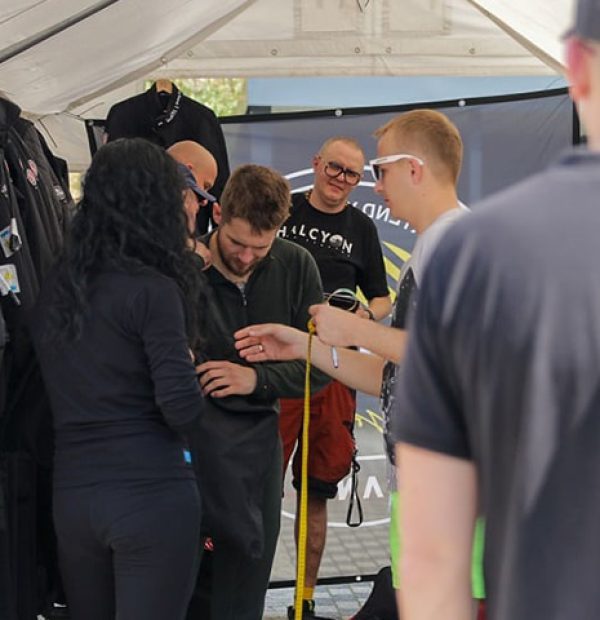

Welcome to DIVERS24.COM, your daily source of scuba news, freediving, scuba diving information, and equipment reviews. Our comprehensive coverage of the dive industry from A to Z provides you with all the latest scuba news, training updates, underwater photography tips, and everything else related to scuba diving. Whether you’re a beginner or an experienced diver looking for more knowledge about scuba gear or techniques – we’ve got it covered! With our in-depth articles written by experienced divers who have been there and done that, you are sure to find exactly what you need here at Divers24.com. Dive into scuba news today!
Underwater Media Sp. z o.o.
Szafarnia 11/F8,
80-755 Gdansk, Poland
Welcome to DIVERS24.COM, your daily source of scuba news, freediving, and scuba diving information. Sign in for a weekly news update and discount coupons for dive gear and apparel.
@2023 - underwatermedia.pl. All Right Reserved. Designed and Developed by Tworzenie stron internetowych Gdansk

The Divers24 portal is currently the largest online medium treating diving in Poland. Since 2010 we have been providing interesting and important information from Poland and around the world on all forms of diving and related activities.
Contact us: info@divers24.com